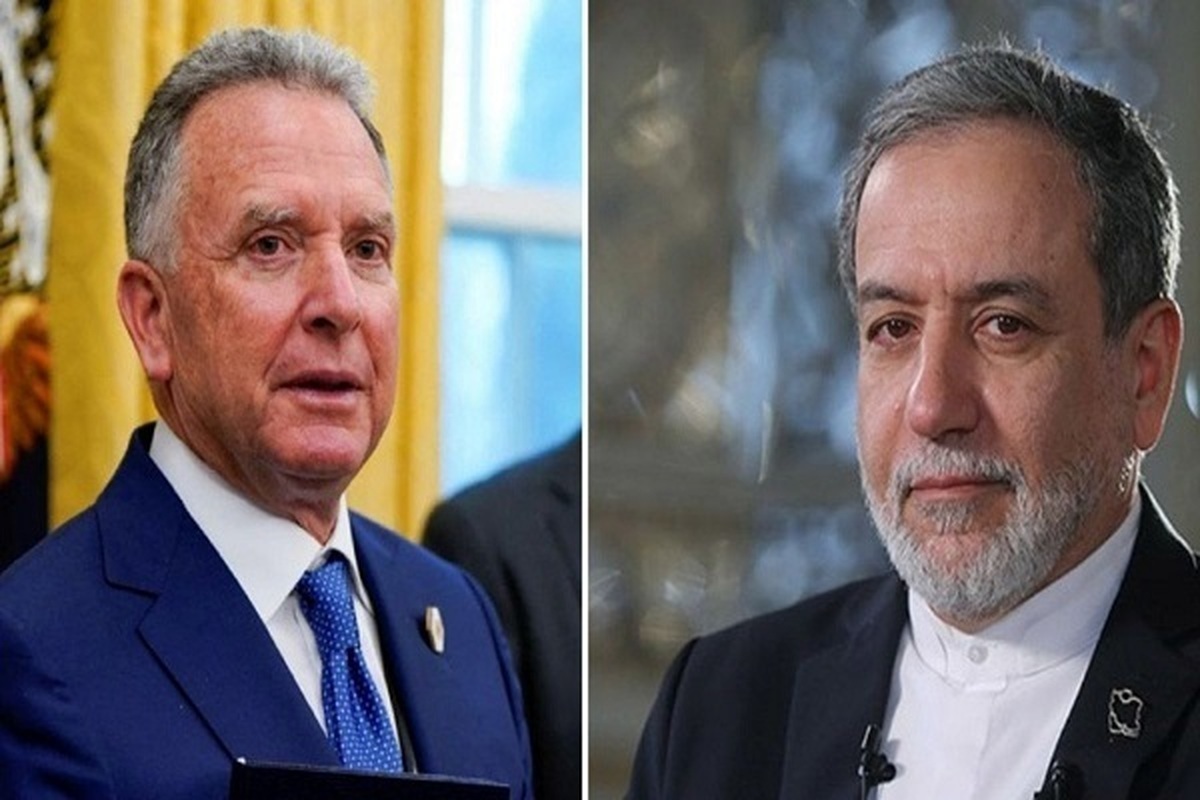
Iranian Foreign Ministry spokesman Esmail Baghai announced the technical-expert meeting between Iran and the United States will be held on Saturday, May 26.
According to Baghai, based on Oman's proposal and the agreement of the Iranian and American delegations, the technical consultative meeting between the two countries, which was scheduled to be held within the framework of indirect talks between the two sides on Wednesday, has been postponed to next Saturday, with the participation of the heads of the delegations of the two countries.
Tasnim news agency quoted an informed source as saying that technical talks will be held between Iran and the US with the presence of nuclear and sanctions experts. The technical talks will be held indirectly with the presence of Iranian and American experts and with the mediation of Omani experts.
Initially, a high-level delegation headed by Iranian Deputy Foreign Ministers Kazem Gharibabadi and Majid Takht Ravanchi was scheduled to arrive in Muscat for a “technical consultative meeting” on April 23 (3 Ordibehesht 1404). Now, the meeting is scheduled to be held on April 26, in parallel with political-level talks between Iranian Foreign Minister Abbas Araqchi and Steve Whittock, the US special envoy for the Middle East.
According to Amwaj Media, the request to postpone the technical and expert meeting was made by the Donald Trump administration to Oman, which conveyed the proposal to Iran.
The media outlet cited logistical constraints as the reasons for the delay. According to the media outlet, American officials who were supposed to arrive in Muscat on April 23 (Wednesday) were forced to change their plans due to pressing commitments in Washington.
The Associated Press, citing its sources, said that this does not necessarily mean that an agreement is imminent, but rather that the talks between Iranian Foreign Minister Abbas Araqchi and Steve Witkoff US President Donald Trump's special envoy for the Middle East, have not turned into what was likely to be high-level trade.
Richard Nephew, an assistant professor at the Washington Center for Near East Policy and a designer of Iran sanctions in the Obama administration, also said regarding the postponement of the expert-technical negotiations, "The most important indicator that determines the value of technical negotiations lies in whether there is a political commitment to action."
According to him, if experts are forced to discuss concepts and major issues without a political agreement, it is a useless act.
After the second round of Iran-US negotiations in Rome, Italy on Saturday, April 20, Seyyed Abbas Araghchi said: "We had about 4 hours of negotiations today. This time, it was a good and forward-looking meeting, following the previous meeting."
He added: "We managed to reach a better understanding on a number of goals. The negotiations were scheduled to continue and enter the next stage. Thus, the expert meetings will begin. Technical negotiations at the expert level will be held in Oman starting Wednesday. We will meet again next Saturday in Amman.
On the other hand, Iranian Foreign Minister Seyyed Abbas Araqchi spoke by phone with Rafael Grossi, Director General of the International Atomic Energy Agency, who is in Washington, on the evening of Tuesday, May 21, on the eve of his official visit to China.
In this conversation, the Iranian Foreign Minister, referring to the Islamic Republic of Iran’s approach based on good faith and seriousness in choosing the path of diplomacy, informed Grossi about the latest status of the indirect talks with the United States.
“Grossi” also praised Iran’s responsible approach and announced the Agency’s readiness to provide any assistance in this process based on the organization’s duties and powers according to the Agency’s statute.
Accordingly, the negotiations could have been postponed due to logistical reasons raised by the United States. The concurrence of the expert-technical meeting with the presence of senior Iranian and American negotiators could accelerate the process of these talks. Because in case of potential problems, the "decision-maker" will also be present.